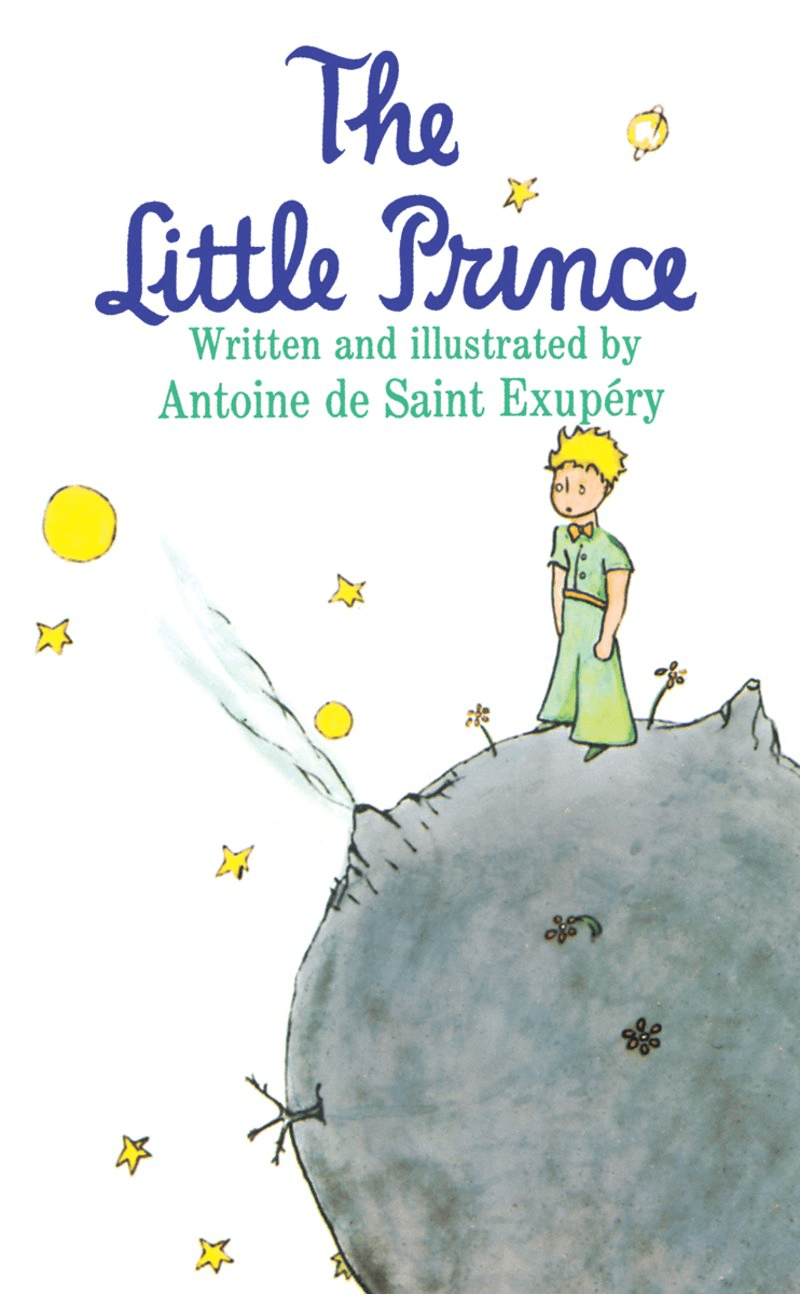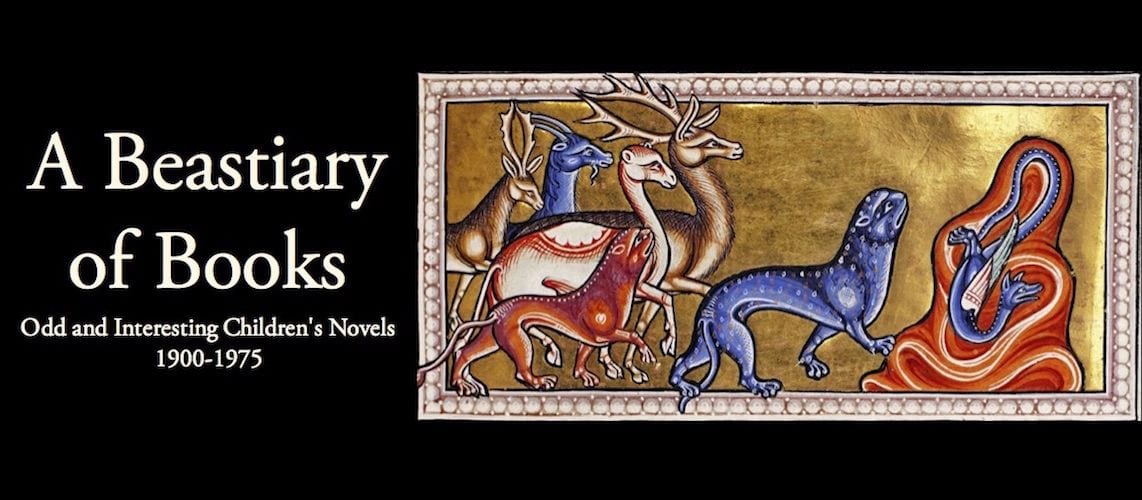There is something amounting to a trend of adult literary authors who put out a single book for children. It’s a bit like a ballet dancer getting on a unicycle; the results can be hard to watch.
Let’s start with The Little Prince.
* * * * * * *
 Saint-Exupery was a French aristocrat and an aviator in the early days of flying, who pushed the dangerous boundaries of navigation with minimal instruments in north Africa, and once nearly died in the desert after a crash. He became one of France’s literary elite with his adult works Night Flight and Wind, Sand, and Stars. These are neither cheerful nor big on plot. They are about death and loneliness, and the sere beauty of sky and desert.
Saint-Exupery was a French aristocrat and an aviator in the early days of flying, who pushed the dangerous boundaries of navigation with minimal instruments in north Africa, and once nearly died in the desert after a crash. He became one of France’s literary elite with his adult works Night Flight and Wind, Sand, and Stars. These are neither cheerful nor big on plot. They are about death and loneliness, and the sere beauty of sky and desert.
Living in North America after the invasion of France, he wrote a children’s book at the suggestion of his editor’s wife. I had to look this up because I was not convinced The Little Prince had been intended for children at all. It’s short, it mentions childhood (the prince, though in a child’s body, hardly counts as a child character), it has a talking animal, and it has illustrations. That’s the extent of its resemblance to a children’s book. It is neither cheerful nor big on plot. It is about death and loneliness, and the sere beauty of sky and desert.
* * * * * * *
Look, I do get it, why people want to like these books. People who care about children, and literature, and children’s literature, want to offer an entry into the more sophisticated pleasures of language and narrative.
The trouble is, when adults just reach for the examples they themselves have been told are “great,” and then tell children how to feel about them, adults and children alike lose their authentic connection to the art of language-craft. The child who affects appreciation for The Little Prince because it garners praise from teachers is no closer to the heart of literature than a child with a genuine enthusiasm for Pippi Longstocking.
Stay tuned for howlers by Carl Sandburg, Langston Hughes, William Faulkner, Upton Sinclair, Ted Hughes, and more.
(You know what? I just noticed, these are all men. Is this the “Hold my beer” of the literary world?)

So true! I’ve always been expected to like The Little Prince as a kid, but I still don’t really get it. Good to know that some adults have realised it’s not really a kids book kids will particularly like.